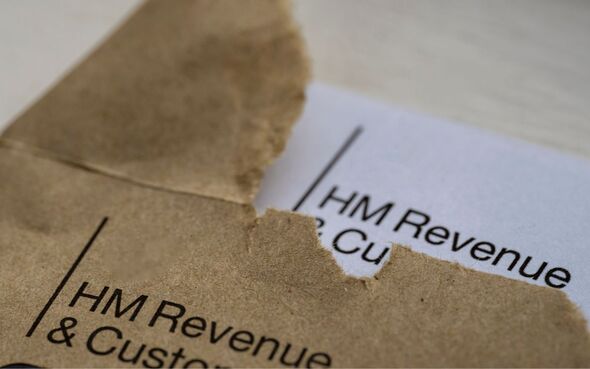Republicans like to accuse Democrats of trying to “pick winners and losers.” They say we should run government “like a business” and let “the market” decide important matters. When it comes to the declining fortunes of dirty fuels like coal, however, they quickly they abandon these principles. Case in point: the Southern Company’s new power plant in Kemper County, Mississippi. The plant was supposed to prove one of the dirty fuel industry’s most cherished myths: the idea that technology can make coal “clean” and environmentally acceptable. Some $7.5 billion later, the company has abandoned the coal project. Equipment designed to reduce coal emissions never worked. The plant is $4 billion over budget and three years behind schedule. Shareholders have lost $3 billion and customers are stuck paying $840 million in recovery costs. The hype evaporated into thin air and “clean coal” remains a political illusion with no grounding in reality. But don’t expect the dirty fuel industry to scorn coal the way it did solar power after one company, Solyndra, went bankrupt in 2011. Solyndra’s failure became the dirty fuel industry’s favorite anecdote. They dishonestly used the bankruptcy of a single manufacturer to smear a successful loan program and predict the demise of clean energy. They were wrong. Five years later, solar is booming. The amount of solar energy capacity installed in the United States in 2016 was a 95 percent increase over the previous year. Solar power now ranks as the No. 1 source of new electricity generation capacity in the country. The massive growth of solar is creating tons of jobs. Last year, solar industry jobs grew 17 times faster than the rest of the U.S. economy, and the solar industry “now employs more people than oil, coal, and gas combined” for electricity generation, according to Business Insider. That’s not even counting wind power, which is the cheapest source of new electricity on the planet (followed closely by solar). And the benefits of these cheap and clean energy sources extend far beyond California’s cradle of innovation. Conservative states like Iowa, Kansas, North Dakota, Oklahoma, South Dakota and Texas have become national leaders in wind energy. According to the New York Times, the leaders of these states “see tapping the wind, and to a lesser degree the sun, as an economic strategy. The clean energy push allows their utilities to lock in low power prices for decades, creates manufacturing jobs, puts steady money in the hands of farmers who host wind turbines and lures big employers who want renewable power.” Renewable energy is a clear winner when it comes to boosting the economy and creating jobs. It’s growing, it’s innovating, and more than 800,000 Americans now work in renewable energy jobs. Major corporations like Apple, Microsoft, Google and Costco have all pledged to go 100 percent clean. Contrast this with coal, which indisputably is in steep decline. The American economy is quickly exiting the coal era, with cleaner energy replacing coal even in the heart of coal country. West Virginia’s Appalachian Power company has closed three coal plants in recent years. And if there’s an anecdote that symbolizes the plight of coal in 2017, it’s this: in a “cost-saving move,” the Kentucky Coal Museum just added 80 solar panels to its roof. The decline of coal means there are fewer and fewer jobs for miners. As the Washington Post pointed out earlier this year, more people work at Arby’s than work in the entire coal industry. Despite the frequent use of coal miners as a potent political symbol, coal jobs are disappearing – and they’re not coming back. What remains of the coal industry is quickly being automated, with robots replacing miners to cut costs. Meanwhile, Mitch McConnell and Republicans do their best to crush workers by opposing organized labor and refusing to plan for a future in which these workers will need to be retrained for new industries. But not even the robots can save coal. It’s simply too expensive and too dirty to compete. It’s bad business, plain and simple. This is tough news for those Americans who work in the coal industry, and all of us should care about what happens to them. Ideally, they can be retrained for positions in thriving new industries… like clean energy. What is the Trump Administration’s response to the reality of coal’s decline? Energy Secretary Rick Perry is flirting with the idea of government intervention to prop up the industry, requiring states to use coal and nuclear power for completely ill-defined “national security” reasons. For people who claim to support states’ rights and the free market, this is the height of hypocrisy and delusion. The same people who say the government shouldn’t pick winners and losers want government to turn a loser into a winner. When Republicans say they want to run government “like a business,” they apparently mean “run government like a Trump casino headed straight for bankruptcy court.” It won’t work. Clean energy is the future, and it’s the only smart bet for business. Protip: Sell all your fossil fuel stocks.















